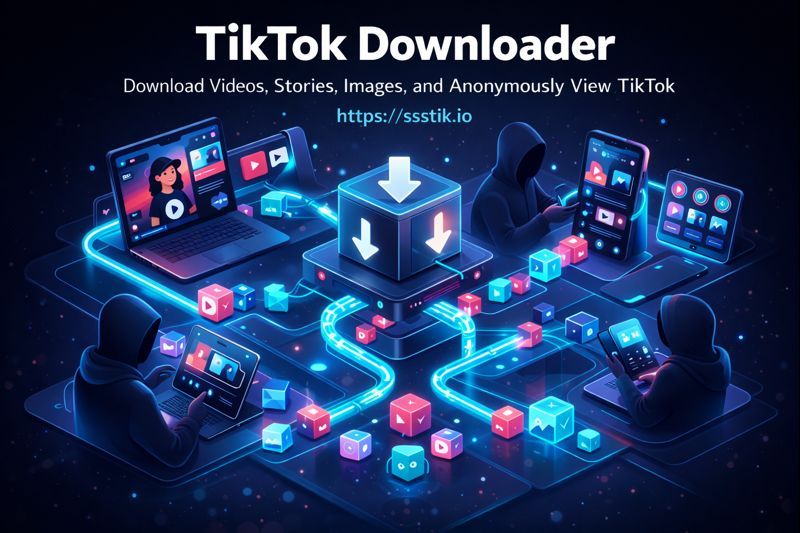High-interest lending has become both a lifeline and a source of controversy in today’s financial environment. Online cash advance services enable many people to quickly solve unforeseen problems by giving them rapid access to emergency finances. High-interest loans, especially those provided by payday lenders, have ethical ramifications, including the burden of monthly payments that call into question consumer exploitation and predatory lending. This essay examines the moral implications of high-interest lending, its effects on marginalized populations, and the possibility of industry change.
Understanding High-Interest Lending
The term “high-interest lending” describes loans with outrageous interest rates, often influenced by an individual’s credit history, which are frequently far more than those of conventional personal loans or credit union products. They consist of:
Payday Loans
These short-term loans are approved quickly and are usually payable on the borrower’s next paycheck.
Personal Loans
These are unsecured loans with adjustable periods and quantities, but they come with higher interest rates for borrowers with bad credit.
Online Cash Advance
Digital lending services that provide instant cash offer high annual percentage rates (APRs) and associated interest costs.
Because of their flexible terms and quick approval, these loans appeal to borrowers with low and poor credit scores. However, the high cost of borrowing frequently keeps people in debt cycles, making debt consolidation a challenging option.
The Moral Implications of High-Interest Lending
1. Predatory Lending Practices
Exorbitant interest rates, deceptive information, and unjust loan terms are all examples of predatory lending practices. Personal loan lenders, in particular, provide quick loans with little consideration for the borrower’s capacity to repay, specifically targeting people with minimal access to regular banking.
Example Loan: In just two weeks, if a $500 payday loan with a 400% annual percentage rate is not repaid, interest can total over $150.
Debt Cycles: Many debtors are compelled to prolong their debts, which results in ever-increasing expenses.
2. Disproportionate Impact on Low-Income Communities
Low-income areas bear the brunt of high-interest loans because they have fewer choices for personal lending. Research from the Consumer Financial Protection Bureau (CFPB) shows that, since borrowers cannot repay, often due to a poor debt-to-income ratio, 80% of payday loans are rolled over within two weeks. This cycle sustains financial instability, which makes many people turn to food banks and other emergency agencies for help.
3. Deceptive Interest Rates and Conditions
The hallmarks of high-interest lending are its high interest rates and strict loan conditions. Frequently, lenders draft contracts with:
Prepayment Fees: A penalty for repaying a debt early.
Origination Fees: Unexpected expenses incurred at the outset of the financing procedure, as outlined in the loan agreement.
Automatic Payments: Required withdrawals from savings accounts that might result in overdraft fees.
Hard Credit Inquiries: Lenders frequently do hard pulls on credit reports to further influence credit scores.
The Ethical Dilemma Arises: Is imposing high interest rates on people who can least pay them acceptable?
Statistical Data: The Reality of High-Interest Lending
| Loan Type | Average APR (%) | Default Rate (%) | Borrower Income Bracket |
| Payday Loans | 400% | 20% | Low-Income |
| Personal Loans (Unsecured) | 15% – 36% | 10% | Middle to Low-Income |
| Online Cash Advance | 200% – 400% | 18% | Low-Income |
| Credit Union Loans | 6% – 18% | 5% | Middle to Upper-Income |
| Credit Cards (Subprime) | 20% – 30% | 12% | Low to Middle-Income |
The Argument for High-Interest Lending
Despite its detractors, others contend that there is a benefit to high-interest lending:
· Low Credit Score Access: Because traditional lenders have a minimum credit score, they frequently turn away low-income applicants.
· Emergency Relief: Online cash advance companies provide instant access to funds for situations such as auto repairs or medical bills.
· Flexible Loan Amounts: Borrowers can access lesser amounts that banks do not usually offer.
· Unsecured Loans: Many high-interest loans don’t require collateral, so those without assets can still get money.
Some people find that these short-term loans are their only choice when they are in dire need, despite the availability of various personal loan options.
The Case Against High-Interest Lending
Critics, however, draw attention to these loans’ predatory nature:
Exorbitant Interest Rates: 400% annual percentage rates are typical and far higher than conventional financing choices.
Debt Traps: Many borrowers cannot repay their loans within the allotted term, which results in renewal costs and extra interest.
Targeting Vulnerable Communities: Payday lenders frequently operate in low-income areas with restricted credit availability.
Lack of Regulation: Due to the absence of federal monitoring, lenders are free to impose exorbitant fees and terms without facing consequences.
Potential Ethical Reforms in High-Interest Lending
1. Interest Rate Ceilings
Many jurisdictions have capped interest rates to prevent payday lenders from charging exorbitant fees. Raising these limitations nationwide may curtail unscrupulous loan practices.
2. Transparent Loan Terms
Loan conditions should be presented clearly and understandably by lenders, including:
· Annual Percentage Rate (APR)
· Loan Amount and Repayment Terms
· Prepayment Penalties
· Origination Fees
Transparency enables borrowers to make well-informed choices.
3. Expansion of Credit Union Membership
People who would otherwise turn to payday lending can benefit from credit unions’ low-interest loans. As opposed to payday loans, which have an annual percentage rate of 400%, credit unions provide personal loan funds with rates as low as 6%.
4. Introduction of No-Interest Loan Programs
Funding assistance without predatory interest rates is available through programs like Cash Advance with Albert, which provide no-interest lending solutions with immediate emergency access. Developing these models further might be a moral substitute for payday loan
FAQs
What constitutes predatory lending?
In unfair or dishonest tactics, predatory lending takes advantage of borrowers by charging exorbitant fees and interest rates.
Why do people oppose payday loans?
The excessive interest rates and debt traps that payday loans produce are the main points of criticism.
Do high-interest loans have any moral substitutes?
Yes, there are choices like personal loans, credit union loans, and Albert-style cash advances that don’t charge interest.
Can I access my bank account to pay payday lenders?
Indeed, payday lenders frequently need access to your bank account to make automated withdrawals.
Are high-interest loans permitted?
Although some jurisdictions have imposed interest rate limitations to control it, it is lawful.
Conclusion
The morality of high-interest loans is a contentious issue. For individuals in need, online cash advances and payday loans provide speedy cash and fast loan approval; yet, the exorbitant fees and exploitative methods raise concerns about consumer protection and injustice. For financial justice to be achieved, accessibility and moral lending practices must be balanced. Everyone can benefit from a more egalitarian loan environment if we move toward clearer terms, reduced personal loan rates, and morally sound options like cash advances with Albert.
Photo by Yuri Krupenin on Unsplash (Free for commercial use)
Image published on December 11, 2021




